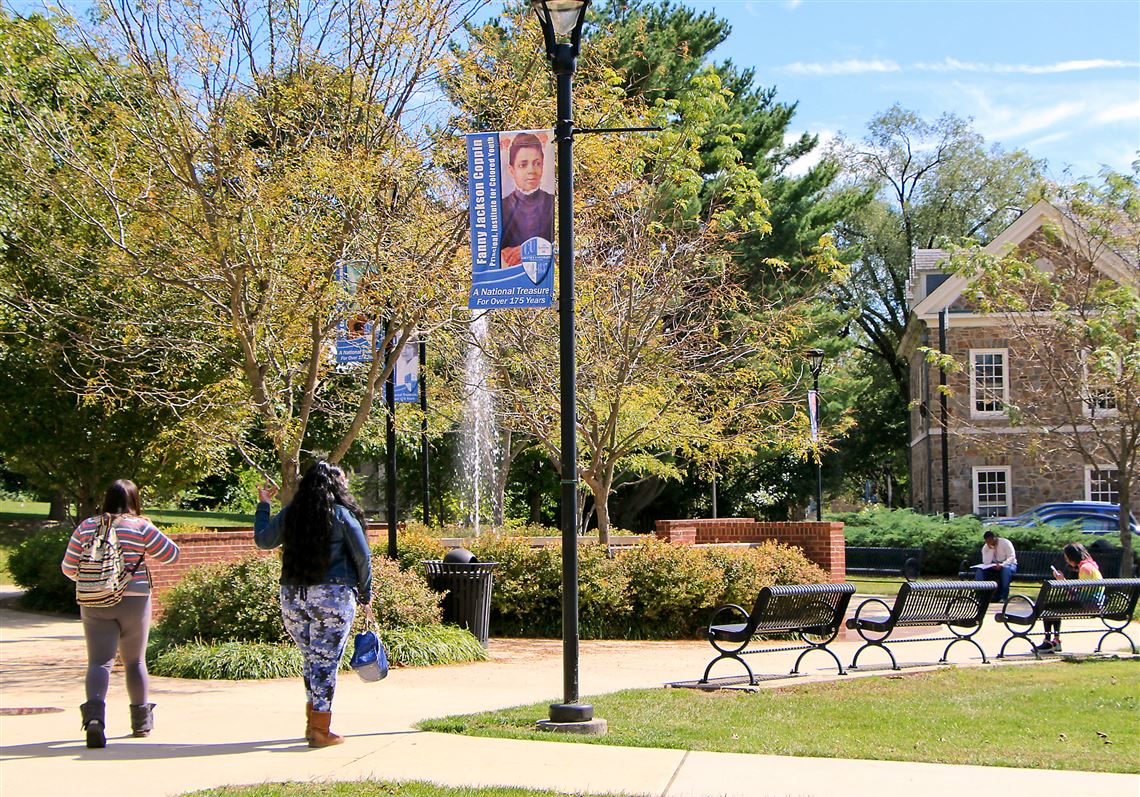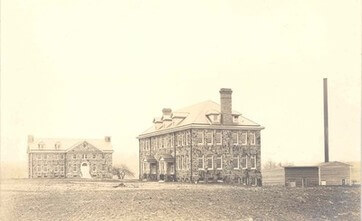
Five Reasons an HBCU is the Right Choice for Your Child
The transition to college can be a stressful time for everyone involved. For parents in particular, the anxiety of sending a child off to school can be more than just saying goodbye—it’s the hope that your child does well in school, makes good friends, and at the heart of it, that the college decision was the best one possible for them.
For those parents considering sending their child to a Historically Black College and University (HBCU), here are five reason why your answer should be yes:
1) An unmatched, supportive college environment
As these institutions were originally created to meet the educational needs of Black Americans who were either underserved, or not served at all, HBCUs are especially equipped to provide a safe and supportive environment for students of color.
From faculty and staff who share a common understanding, to a campus population composed of people with similar backgrounds and cultural experiences, the environment of an HBCU campus is unmatched.
2) Diversity of the campus
It is a common misconception that a focus on Black students means HBCUs lack diversity, but that is far from the case. HBCUs continue to diversify its student populace, exposing students to others from different backgrounds while continuing to maintain the commitment to meeting its students’ needs.
In a recent interview with the Michigan Chronicle, Sean Rouse, president of Detroit’s HBCU Network shared “We [HBCUs] are very globally diverse,” says Sean Rouse, president of Detroit’s HBCU Network. “There’s always this misconception that because it’s a predominantly Black school it’s not diverse enough,” says Sean Rouse, president of Detroit’s HBCU Network. “That is just the opposite. Our HBCUs are probably more diverse than most colleges and universities. Because you have smaller classroom sizes, you get to see that diversity.”
3) Access to specialized programs
In addition to the support system that characterizes the HBCU founding principles, traditionally black colleges and universities often act as great preparatory experience and exposure to work in various industries. Interestingly, there are a variety of opportunities and connections that are specific to these schools.
Just a few examples that don’t even begin to scratch the surface of opportunity include:
- Professional programs like Disney on The Yard or WarnerMedia’s National HBCU Week
- Connections to an extensive network of HBCU Alumni
- Scholarships specifically tailored to and for students attending HBCUs
For tips on how to successfully take advantage of these programs, here is a list of hacks on effectively building a professional network before graduation.
4) After College Preparedness
As places designed to foster excellence, studies show that HBCU graduates are generally better prepared for life beyond college and more engaged at work than non-HBCU graduates.
HBCU grads are statistically more likely to report higher levels of purpose, as well as higher levels of social, financial, and physical well-being. HBCUs also outperform non-HBCUs in the production of Black professionals in fields such as science, technology, engineering, and mathematics.
5) Affordability
Not only are HBCUs institutions of higher learning that provide first-class education, but the cost of attendance is generally lower compared to that of a typical public or private university—talk about bang for your buck.
At a Historically Black College and University, the goal is to pursue world-class educational instruction without sacrificing quality for price.
These benefits, along with so many others, lend to the fact that while HBCUs account for only 3 percent of the nation’s colleges and universities, they continue to account for about 20 percent of the degrees awarded to African Americans.
A Historically Black College and University is a place uniquely specialized in cultivating success.
To explore the over 100 traditional black colleges that we’ve researched, check out our database here.
Sources:
- https://www.findmyhbcu.org/mission/
- https://uncf.org/pages/why-choose-an-hbcu
- https://uncf.org/pages/why-choose-an-hbcu
- https://michiganchronicle.com/2021/02/26/hbcu-pride-why-more-students-should-consider-historically-black-colleges/
- https://pages.beamery.com/waltdisney/page/doty
- https://www.businesswire.com/news/home/20210910005450/en/WarnerMedia-Celebrates-National-HBCU-Week-by-Saluting-Graduates-Making-an-Impact-Across-the-Company-and-Throughout-the-News-and-Entertainment-Industry
- https://www.findmyhbcu.org/3-hacks-to-build-your-professional-network-before-graduation/
- https://hbcufirst.com/resources/why-choose-an-hbcu
- https://hbcufirst.com/Portals/20/Research/news-gallup-com-poll-186362-grads-historically-black-colleges-edge-aspx.pdf
- https://hbcufirst.com/resources/why-choose-an-hbcu
- https://aka1908.com/hbcus/hbcu-spotlight
- Why Choose an HBCU?
Pictures:


